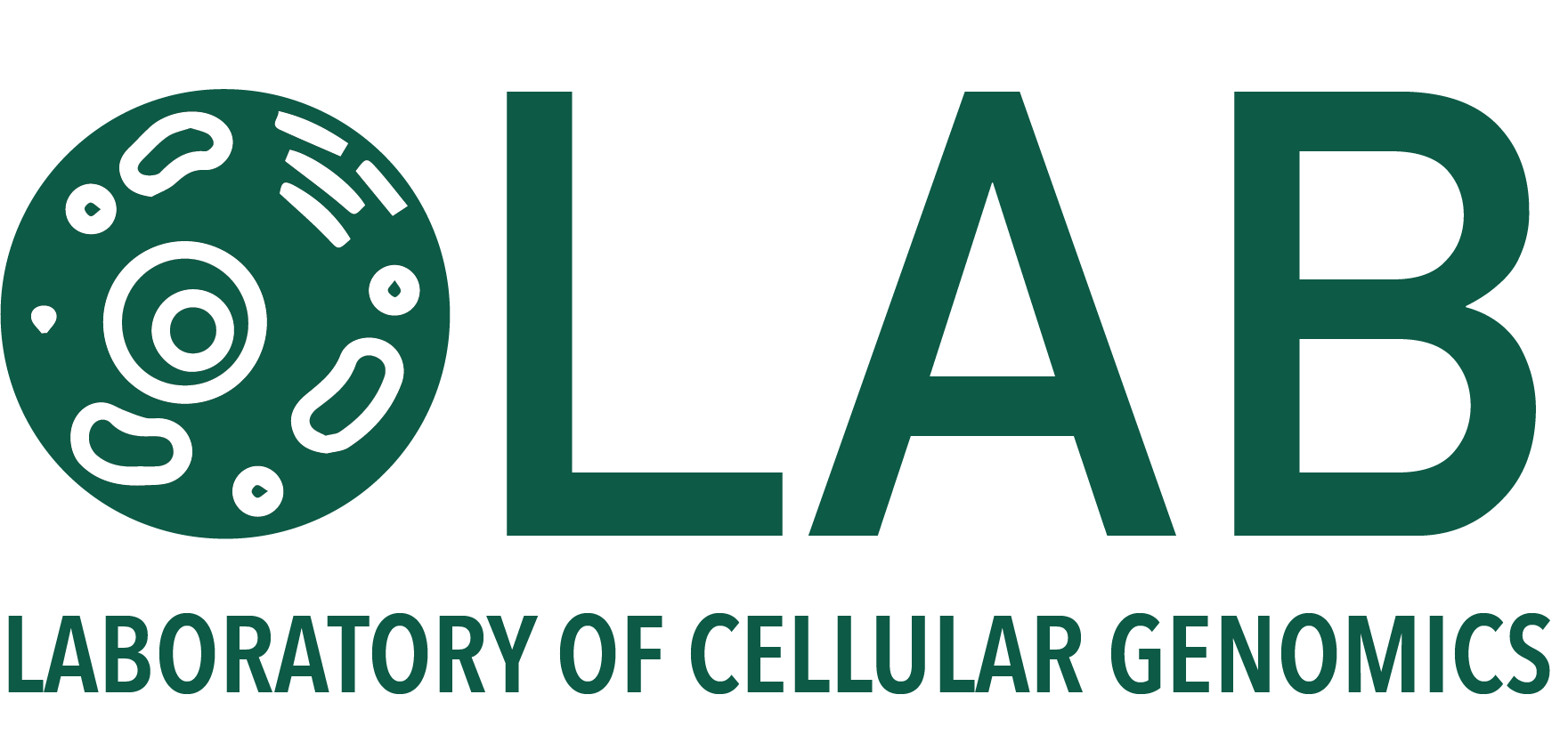When preparing your CV, please highlight the key important facts and do not focus on less relevant things. Try to keep it short, academic CVs are often longer than-academic ones, but please keep it max 2-3 pages.
Below are some suggestions to improve your CV and to make it easier for us to understand your skills and experiences.
- Do not include information about your marital status, children, birthday, gender. There is also no need to include your photograph. These are irrelevant to the application process.
- The key sections to include are Education, Research Experience
- Other things worth mentioning are Extracurricular courses, Fellowships, Prizes, Publications, Experimental techniques, and Computational skills.
- Use CEFR language proficiency levels (A1, A2, B1, B2, C1, C2) to describe your language skills. Avoid using the system with 5 stars as it is unclear what each star means. You can mention language certificates or use facts to show you speak good English. For example, you can mention that you wrote your BSc or MSc thesis in English.
- If you did any internships or lab placements, please describe what you have done during these stays. What did you study? How? What were your successes? We do not need to know the grant number or other details like that, the key is to tell us what you have done.
- If you received a fellowship or a prize, please indicate how competitive it was to get it.
- If you have publications, describe what you have done for the project. Which experiments have you done? Did you do any data analysis? Did you write the paper or parts of it?
- If you have many publications, please highlight up to 3 most important ones and describe your contribution.
- If you are a foreigner, please describe how competitive your university education was. For example, you can indicate the ranking of your university or admission success rate.
- If you needed more time than usual to finish your degree or took a gap year, please indicate so and give a brief explanation.
- PhD students in our lab do not teach. Describe your teaching experience very briefly, because these skills are not essential.
- When describing your experience in laboratory techniques, explicitly say which you can perform independently. Please avoid coloured dots or stars to indicate your proficiency.
- List types of data analysis, and programming languages you have experience with and can perform independently
- If you worked with mice, describe what type of certification you have and the types of procedures you performed
